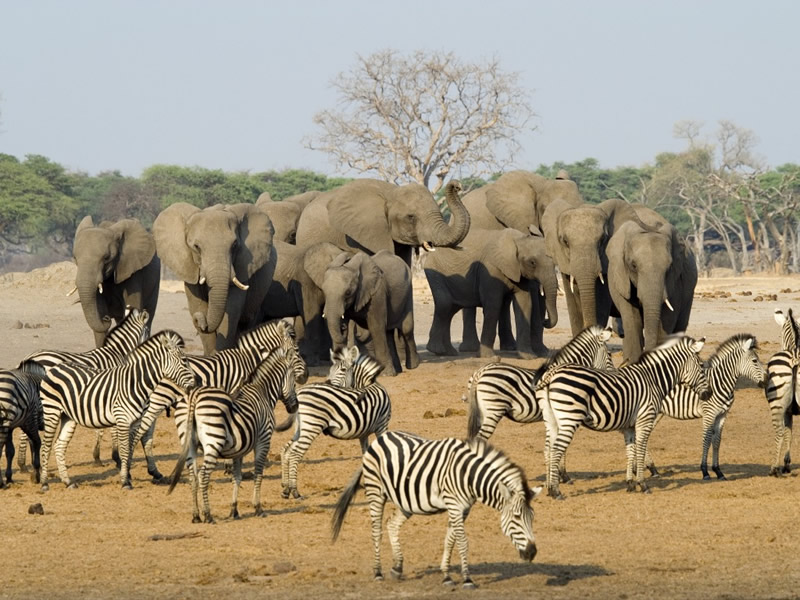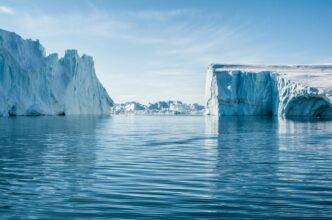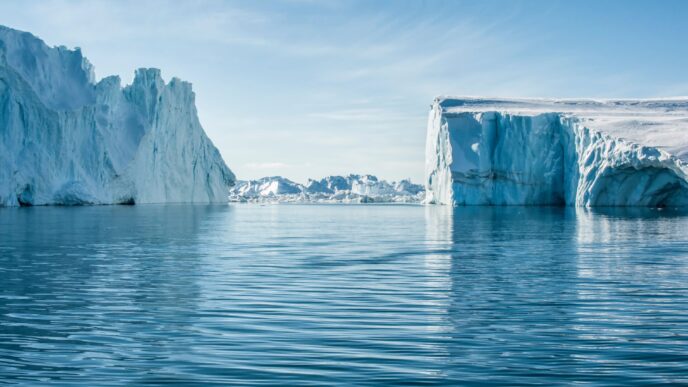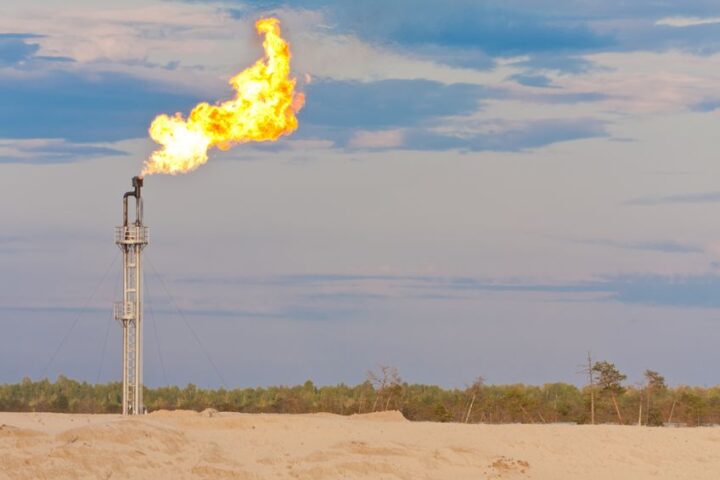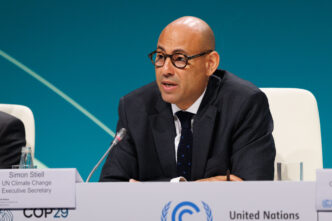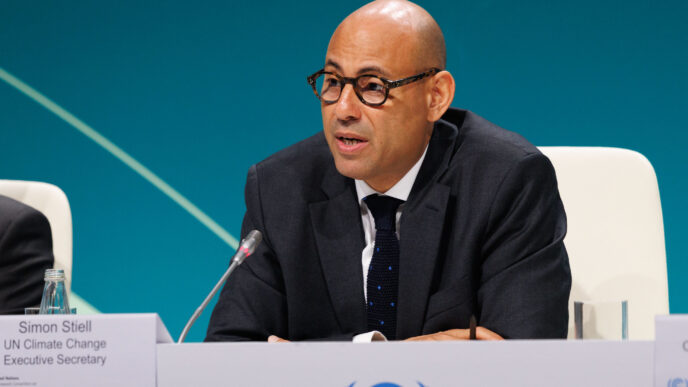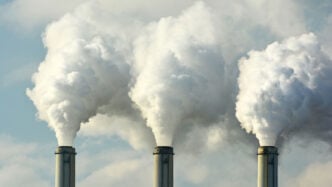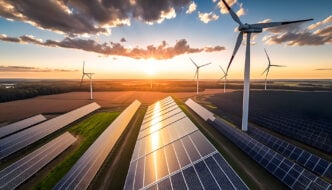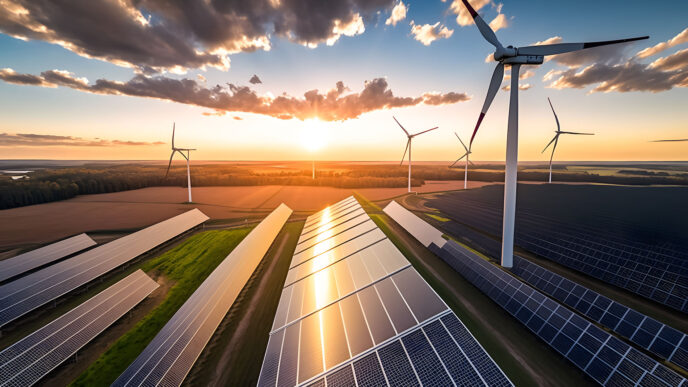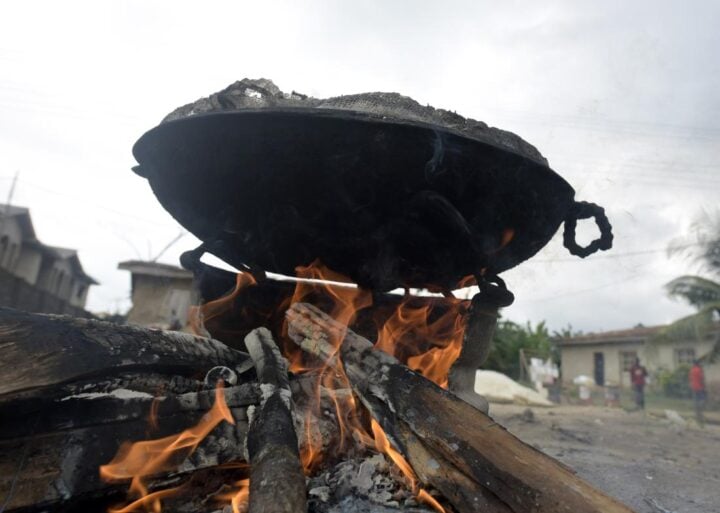Climate change directly affects our communities, health, and livelihoods. Yet, media coverage often prioritises politics and business over climate-related stories, leaving crucial environmental news under-reported.
Climate Watch seeks to bridge this information gap, ensuring that important climate change stories and mitigation efforts stay on your radar.
Here is a round-up of last week’s climate stories:
- The Nigerian Conservation Foundation (NCF) has called for increased funding to support climate change initiatives, combat illegal wildlife trafficking and bolster conservation efforts.
Joseph Onoja, NCF director-general spoke in an interview with newsmen in Abuja on January 27.
Onoja stressed the importance of securing grants rather than loans to finance climate-related projects. He said the challenges associated with loan repayments and high interest rates place a burden on developing nations like Nigeria. The DG said there is a need for the country to maintain accountability in the utilisation of any grants received. Onoja also urged greater stakeholder involvement in wildlife conservation, adding that there is a need for more awareness to curb illegal wildlife trafficking.Advertisement“Our lives depend on the environment. It is essential for us to care for it, so it can, in turn, care for us,” the director general said.
- A recent report by the United Nations International Children’s Emergency Fund (UNICEF) says 2.2 million Nigerian students experienced school disruptions due to flooding in 2024. UNICEF said over 107 million children in Africa are already out of school, noting that climate-related disruptions in 2024 alone put an additional 20 million children at risk of dropping out. The organisation said climate-induced disasters like heatwaves, tropical cyclones, storms, and floods led to the closures of schools in at least 20 countries in 2024. Find out more here.
- African heads of state and government have pledged over $50 billion to accelerate energy access and economic growth across the continent. The leaders announced their commitment during the Mission 300 Africa Energy Summit in Dar es Salaam, Tanzania. The declaration will be submitted for adoption at the African Union Summit in February, reinforcing the Mission 300 goal of providing electricity to 300 million Africans by 2030. Read more here.
- Sunday Dare, the special adviser to President Bola Tinubu on media and public communication, has expressed optimism about plans to provide affordable energy for 300 million Africans by 2030. Dare said Nigeria has a dynamic compact initiative which aligns with the Mission 300 agenda, adding that President Bola Tinubu has emphasised the role of energy in national development. He noted that funding for the initiative would include grants, low-interest soft loans, capacity-building programmes, as well as international partnerships. Read more here.
-
The United Nations (UN) says it has officially received request about US withdrawal from the Paris climate agreement. The country had in April 22, 2016, joined other countries to sign the historic deal to keep temperature below 1.5°C above pre-industrial levels. However, on January 20, US President Donald Trump pulled his nation from the climate deal. At a press briefing in New York, Stéphane Dujarric, the UN spokesperson, said US’ exit will take effect on January 27, 2026. Find out more here.
-
The Japanese government, in collaboration with the United Nations Office for Project Services (UNOPS), has installed two GPS water-level detector sensors at strategic riverbanks in Anambra state. Hitoshi Kozaki, the ambassador of Japan to Nigeria, said on January 30, that the intervention aims at mitigating flooding and other climatic challenges in the state. Read more here.
Advertisement - Terseer Ugbor, a member of the house of representatives, says Nigeria needs to protect its biodiversity through reforestation and climate-smart agriculture. Speaking at a climate change forum in Abuja, Ugbor, who represents Kwande/Ushongo federal constituency of Benue, said smart agriculture would tackle the challenges of climate change and food shortages in Nigeria. Read more here.
Add a comment
